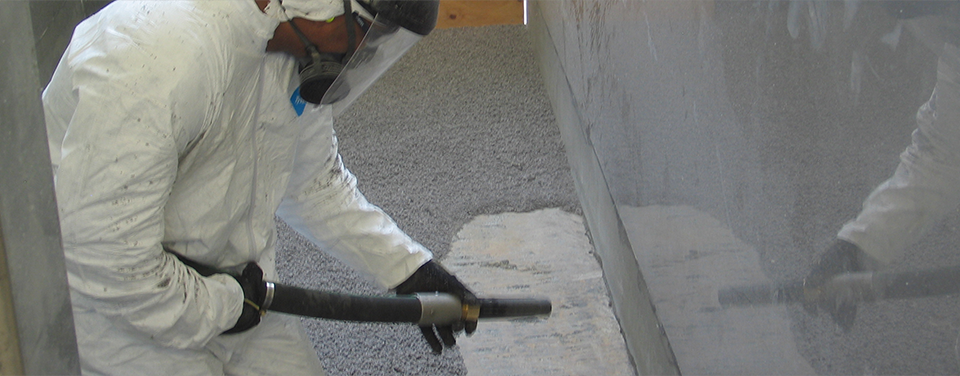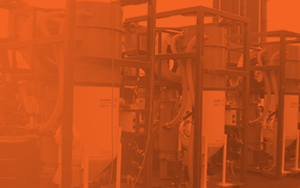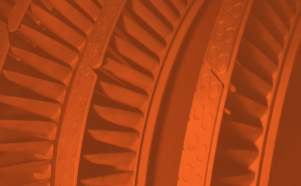Sponge Media™ composite abrasives were recently put to the test to help conserve precious resources in what is being called the first oil and gas sustainable commissioning project. The results could not have been more positive. The core of this sustainable solution includes composite abrasives and an innovative Pipeline Inspection Gadget (or PIG) system, which, after field-testing, were used in two atmospheric distillation units (ADUs) at Brazil’s Petrobras Refinaria Abreu de Lima, also known as Refinaria do Nordeste (RNEST). The goal of the sustainable commissioning process was to save water normally used for cleaning and testing the pipe network connected to the ADUs, although there were other benefits as well.
 The new sustainable commissioning process eliminated steps associated with water conditioning and treatment. For example, traditional chemical cleaning operations on commissioning projects would normally require seven steps: (1) water conditioning, (2) water washing, (3) chemical rinsing, (4) drying, (5) applying pipe treatment, (6) water treatment, and (7) storage/disposal. However, Sponge Media™ abrasive blasting, merely requires three steps: (1) blasting pipe internals, (2) deploying the PIG and the passivating agent, and (3) temporary water treatment and recycling. Sustainable commissioning also allowed for pipe cleaning and preparation to be done during certain construction and assembly as well as before mechanical completion of the pipeline was achieved. This freedom of progress allows for overall faster and more efficient project completion.
The new sustainable commissioning process eliminated steps associated with water conditioning and treatment. For example, traditional chemical cleaning operations on commissioning projects would normally require seven steps: (1) water conditioning, (2) water washing, (3) chemical rinsing, (4) drying, (5) applying pipe treatment, (6) water treatment, and (7) storage/disposal. However, Sponge Media™ abrasive blasting, merely requires three steps: (1) blasting pipe internals, (2) deploying the PIG and the passivating agent, and (3) temporary water treatment and recycling. Sustainable commissioning also allowed for pipe cleaning and preparation to be done during certain construction and assembly as well as before mechanical completion of the pipeline was achieved. This freedom of progress allows for overall faster and more efficient project completion.
A traditional method to complete this project would have used more than 30 million liters (7.9 million gallons) per atmospheric distillation unit. However, results from RNEST’s ADU 11 and ADU 12 conveyed that sustainable commissioning at RNEST used only 300,000 liters (79,000 gallons) of reusable water per unit. In addition to conserving water, sustainable commissioning at RNEST also significantly reduced the time and monetary impact of the commissioning process to $3.8 million from $6.9 million respectively – a 45% savings. The project managers are recognizing positive environmental and economic results of sustainable commissioning and are now trying to reapply the new process to include offshore applications
To read more on this whitepaper, published by OTC Asia, click here.
Or, if you are involved in a project that will require abrasive blasting and are seeking a more environmentally friendly and sustainable method to complete your job, contact Sponge-Jet today to learn more about our clean, dry, low-dust, reusable abrasive blasting technology and its proprietary benefits.








